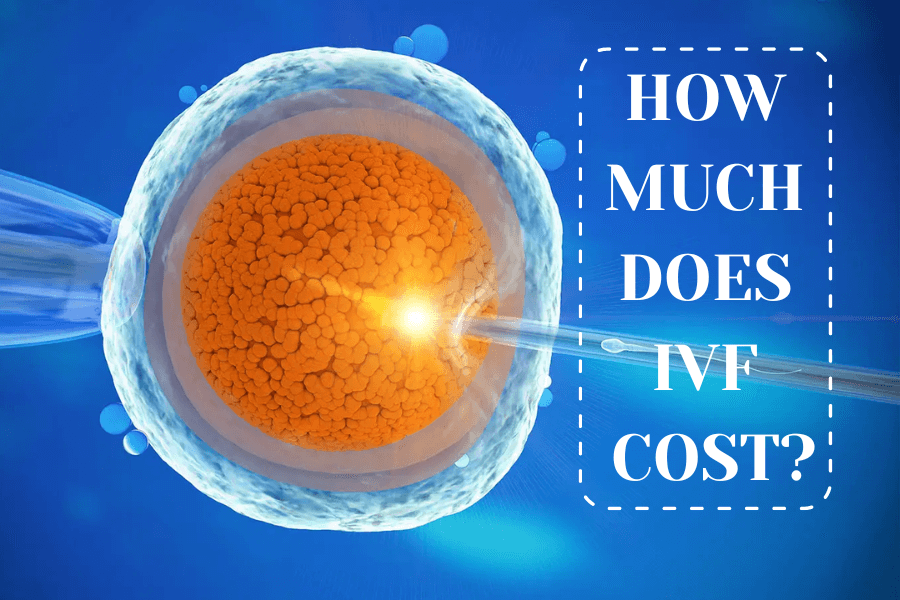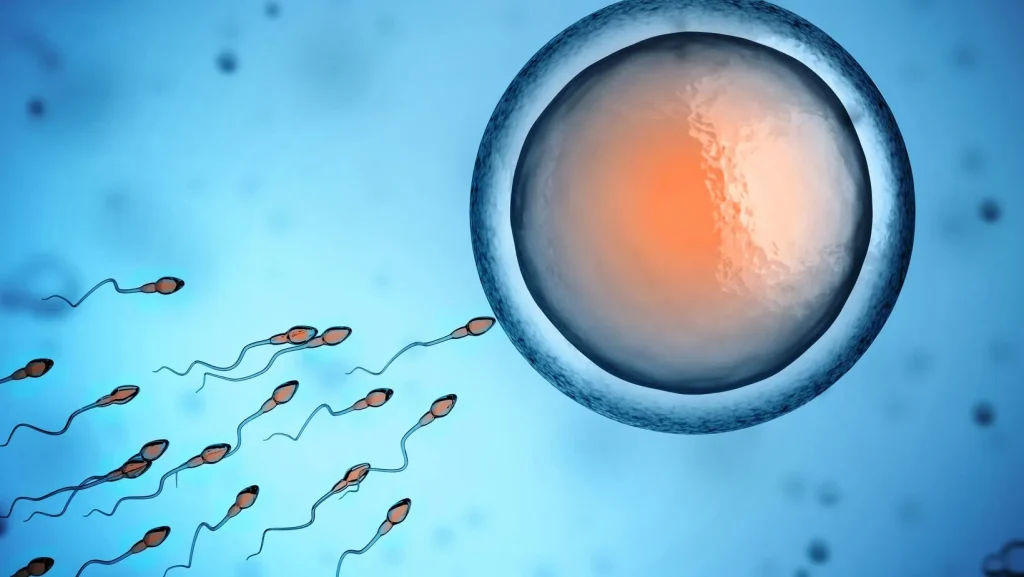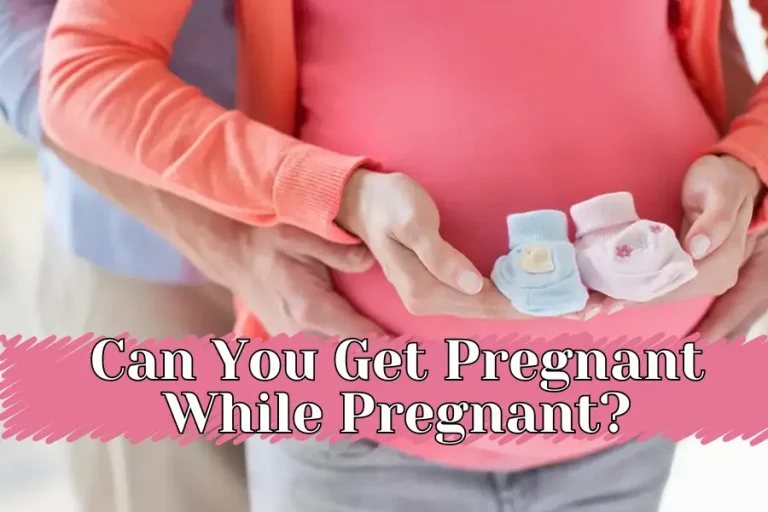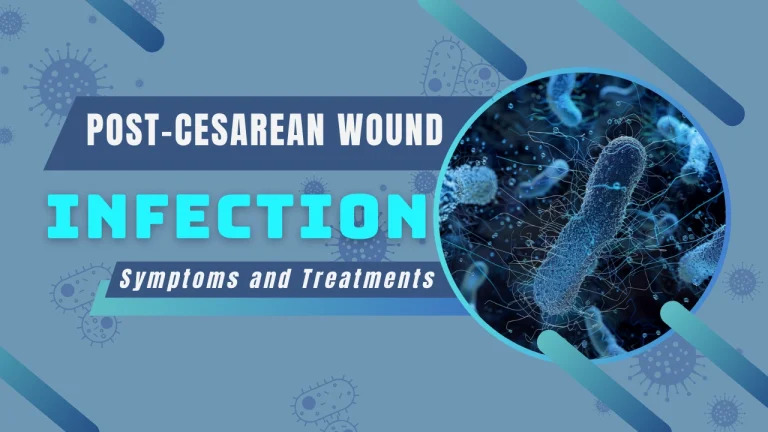
IVF has become a lifesaver for many couples struggling with infertility. This is an advanced medical technique that can help people with infertility to be able to have a baby. While IVF can be a wonderful option, the price tag can seem daunting. Don’t worry! In this article, we’ll analyze “How much does IVF cost in 2024” for you to have better financial preparation. We will explore everything from the main costs to potential ways to make IVF more affordable.
What Is IVF?

In Vitro Fertilization is IVF for short. It is an assisted reproductive technology that helps couples facing fertility challenges achieve pregnancy. IVF involves fertilizing an egg with sperm outside the body and then transferring the resulting embryo back into the uterus. The purpose of this is for implantation and a successful pregnancy. Now, take a closer look at the two key steps involved:
Embryo Creation
The first act of the IVF play is coming! Let’s see what happens:
- Stimulation: Use fertility medications to stimulate your ovaries to produce many mature eggs, increasing the chances of successful fertilization.
- Egg Retrieval: Also known as “Transvaginal oocyte retrieval” technique – using ultrasound guidance to collect the mature eggs from your ovaries.
- Sperm Collection: A semen sample is provided by your partner or a sperm donor.
- Fertilization: In a lab setting, sperm and eggs are brought together to create embryos. This can happen through conventional fertilization or techniques like Intracytoplasmic Sperm Injection (ICSI) for cases with lower sperm motility.
- Embryo Culture: The fertilized eggs are carefully monitored and nurtured in a controlled environment for a few days, allowing them to develop into healthy embryos.
Embryo Transfer
Now comes the exciting moment of embryo placement! Here’s how it unfolds:
- Embryo Selection: The best quality embryos are chosen for transfer based on their development and health.
- Uterine Lining Preparation: Medications are used to prepare the lining of your uterus for optimal embryo implantation.
- The Transfer: There are two main options for embryo transfer: Fresh and Frozen Embryo Transfer.
Fresh Embryo Transfer: The embryos are transferred directly into your uterus shortly after fertilization (usually 3-5 days).
Frozen Embryo Transfer: In this case, the embryos are frozen at a very early stage of development after fertilization. This allows for more flexibility in the transfer process. The frozen embryos are then thawed and transferred to your uterus.
- Implantation: Ideally, the embryos will implant in the uterine lining, leading to a successful pregnancy.
Who needs IVF treatment?
Who can benefit from IVF? Here are some situations where IVF might be a good fit:
- Fallopian tubes obstruction: This prevents the sperm and egg from meeting naturally
- Sperm count is low: IVF can help increase the chances of a successful encounter between sperm and egg.
- Severe Endometriosis: This can create a challenging environment for conception.
- Donor Sperm or Eggs: If you’re considering using donor sperm or eggs to conceive, IVF is the process that facilitates this option.
- Gestational Carrier or Surrogate: In case you’re unable to carry a pregnancy yourself, IVF can help.
- Unexplained Infertility 1
How Much Does IVF Cost To Get Pregnant? – A Breakdown

In the US, pricing for IVF can vary depending on the clinic and your specific needs. While you might see a base price range of $12,000 to $14,000 for a single cycle, there are more factors to consider. But the number can rise to $30,000 or more depending on your needs. On average, the total cost will be somewhere between $15,000 and $20,000.2 Let us break it down for you!
IVF Base Costs
The base fee typically covers essential services as below:
- Regular monitoring appointments
- Bloodwork (to track hormone levels)
- Egg retrieval
- Anesthesia (during egg retrieval)
- Embryo creation
- Fresh embryo transfer.
This IVF base fee is often around $12,000 to $14,000.
IVF Additional Costs
Depending on your situation, some extra costs might come into play:
- Fertility Assessment: can range from $250 to $500. This initial assessment often includes a physical exam, an ultrasound, and blood tests.
- Semen Analysis: Costs around $250.
- Injectable Medications: Fertility medications can vary significantly in cost, ranging from $3,000 to $6,000.
- Intracytoplasmic sperm injection (ICSI): The fee is up to $2,000. The standard process of creating an embryo involves putting an egg in a dish with thousands of sperm inside and waiting for fertilization. Yet, if there is any trouble in this creation, the doctor may recommend ICSI. With this method, the embryologist will use a small needle to inject sperm into each egg.
- Trial/ mock embryo transfer: $240 to $500 and not usually necessary. Some clinic centers give this service for free.
Upcoming, we will discover other IVF costs based on personal requirements.
Frozen Embryo Transfer Costs
Frozen transfer is another choice of many for fertility preservation. You can thaw a frozen embryo from the same cycle and transfer it later. Particularly when you can not get pregnant from the first embryo transfer.
Embryo cryopreservation: ranges from $1,000 to $2,000.
- Embryo storage: $350 to $600/ year. Some clinics can give you one year free at the base price of IVF cost.
- Genetic testing: The prices fluctuate widely from $1,800 to $6,000 depending on the test. PGT-A, PGT-M, PGT-SR, and PGT-P are some types of tests that doctors may recommend to you.
- Frozen embryo transfer (FET): FET cost is up to $6,900. It can be different based on timing and previous transfers. At some clinics, the first frozen embryo transfer can be included in the base fee, in case you don’t use the fresh transfer.
- Medication for FET: You will be charged $300 to $1,500 for this service. Progesterone shots can help to increase the opportunity of successful implantation.
Egg Donor Costs
IVF with egg donor costs will depend on what options a clinic offers.
- Frozen donor eggs fee: $14,000 to $20,000 or more
- Fresh donor eggs fee: $27,000 to $47,000 or more
Ask your clinic to clear all fees of an egg donor cycle for good preparation.
Using a Surrogacy or Gestational Carrier Costs
You will expect to pay the bill anywhere from $60,000 to $150,000 (or even higher). This service typically comes with those:
- Legal costs
- Medical expenses
- Agency costs (if you choose)
- Costs paid to the person carrying the baby
Does Insurance Cover IVF Cost?
Does insurance cover IVF? It depends. IVF insurance coverage varies a lot based on your company and region. But, the specific treatments covered and who qualifies can differ from state to state.
Small businesses (fewer than 50 employees) and self-insured companies might be exempt from these coverage mandates. Many insurance plans, even those that don’t cover IVF, often cover the initial fertility assessment and semen analysis. So, do not miss this chance to save more IVF costs with insurance.
Ways to Make IVF More Affordable

Fortunately, there are a few ways you can consider to save you more IVF costs.
Use Mini IVF Costs
Mini IVF cost, or low-dose IVF with minimal medications used. You will take medication instead of injecting hormones. Thus, mini IVF is much less expensive than a full IVF. You will pay around $5,000 to $6,000 plus medications (around $50).
This method might result in fewer eggs retrieved and then fewer embryos. It may be risky but still is a choice to reduce IVF treatment costs.
Have A Family Member or A Friend to Donate Eggs
If you could ask someone for an egg donation, you can save tens of thousands of dollars. Or else, you can find a cold bank selling eggs in smaller batches. You can save a few thousand dollars this way. Similarly, you can ask for sperm donation.
Use grants, discount programs, and other financial support
There are a few other ways to save even more costs for IVF, including:
- Grants or discount programs for people working in military service (both active and retired)
- Programs offering financial assistance to cancer patients and survivors
- Studies and clinical trials
- Outcome-based programs/ money-back programs offered by fertility clinics.
- Discount programs on medications
- Grants or scholarships based on income
- Looking around for package deals
Lastly, the answer to “How much does IVF cost?” may be different from one to one. IVF can be a powerful tool to help build your family. Do not hesitate to ask your chosen clinic for a detailed cost breakdown to make informed decisions.
Sources
- ACOG – The American College of Obstetricians and Gynecologists – Treating Infertility – Published: October 2019. All rights reserved ↩︎
- Forbes Health – How much does IVF cost? https://www.forbes.com/health/womens-health/how-much-does-ivf-cost/ ↩︎






